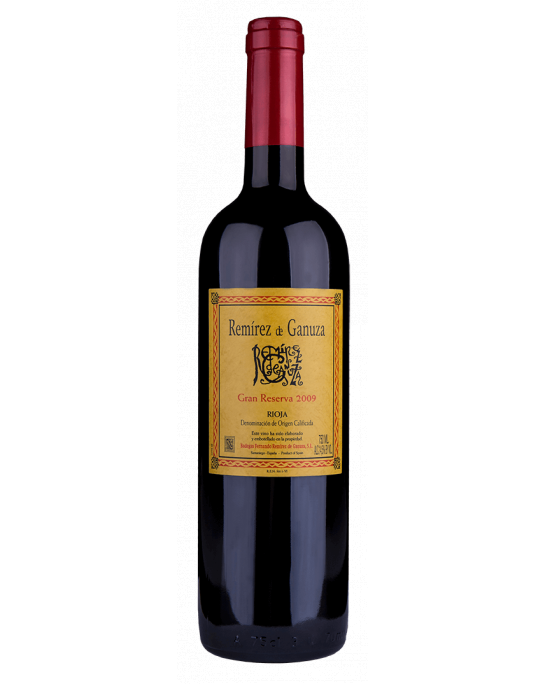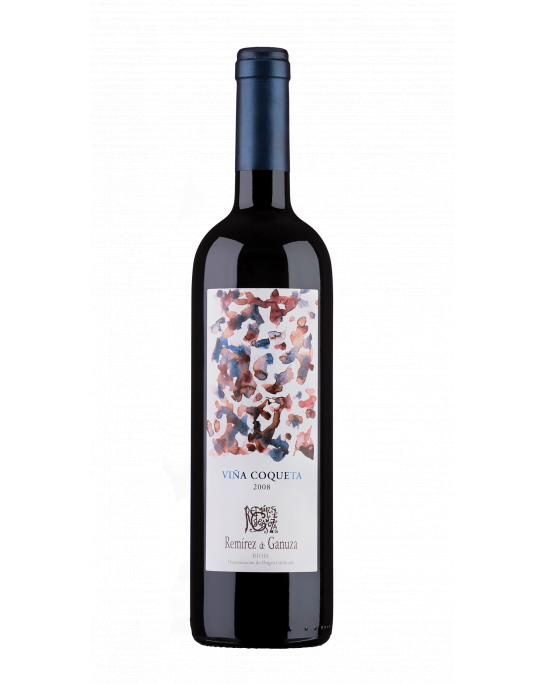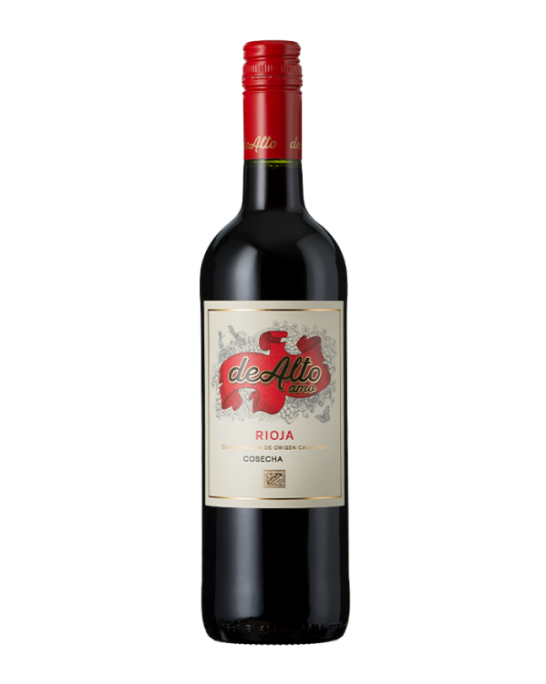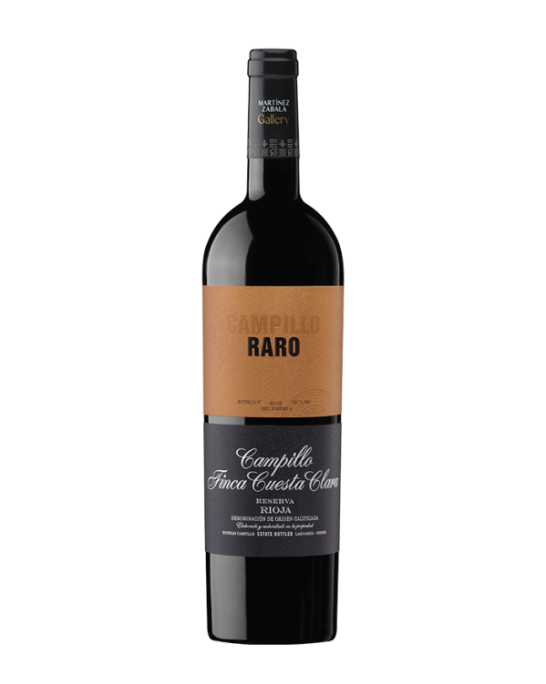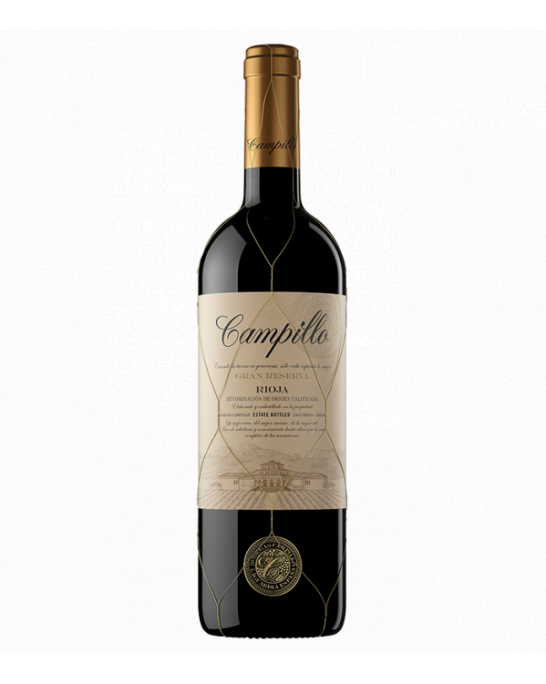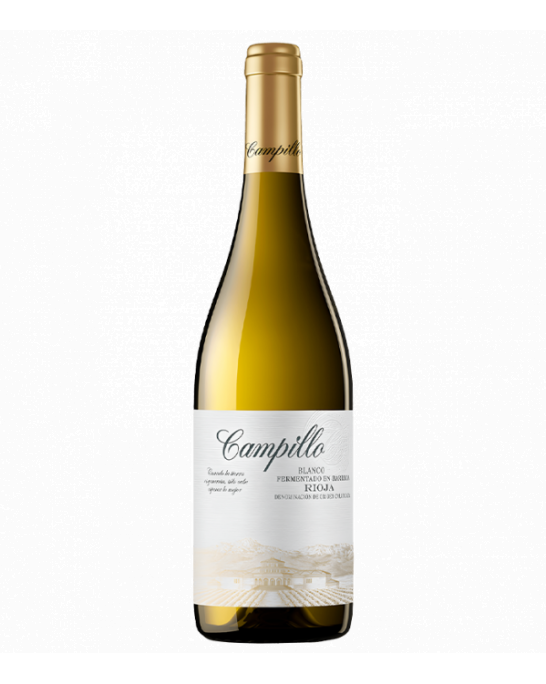Wines from Rioja
Undoubtedly, this is the homeland of the oldest and most respected red wine in Spain, whose rival is only Jerez.
MoreWines from Rioja
Undoubtedly, this is the homeland of the oldest and most respected red wine in Spain, whose rival is only Jerez.
MoreThe vineyards trace the flow of the Ebro River for about 100 kilometers between the towns of Haro and Alfaro. The area is named after the river that flows through it, the Rio Oja. It is divided into three separate areas; Rio Alta, the highest, where wines are considered elegant and with balanced acidity; Alavesa average (here the acidity is a little more pronounced) and Baja, the lowest, where the significantly warmer climate determines the more pronounced saturation and density in wines. Overall, the best wines come from Alta and Alavesa, although many are a combination of the two. The main grape here is Tempranillo, often blended with Garnacha and sometimes Carignane. All wines in Rioja in the top category must be aged in oak, and historically the American oak is preferred. Nowadays, however, many wineries use a combination of American and French oak. The ripening of American oak is what gives the more traditional Rioja red wines the distinctive notes of coconut, vanilla and sweet spice. The time that Rioja wine spends in a barrel dictates which of Rioja's official ageing categories will take its place on the label: Joven, Crianza, Reserva or Gran Reserva. Rioja Joven wines are intended for consumption within two years of harvest. They spend little or no time in oak - jóven is the Spanish word for "young". Crianza red wines are aged for at least one year in oak and one year in bottle and only on the market in the third year. Reserva red wines spend at least one year in oak and cannot be presented for a full three years after harvest. Gran Reserva undergo a total of five years of ageing with at least two years spent in oak barrels.

